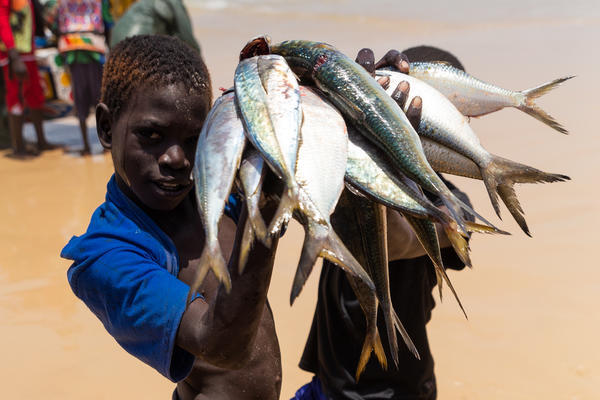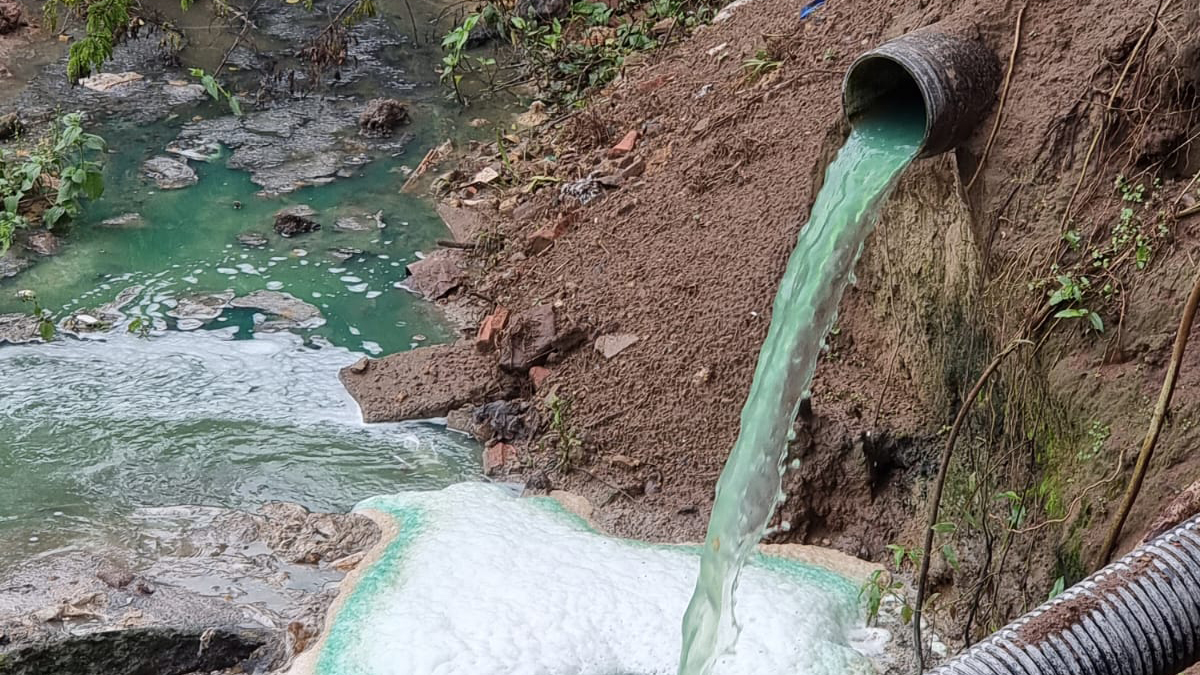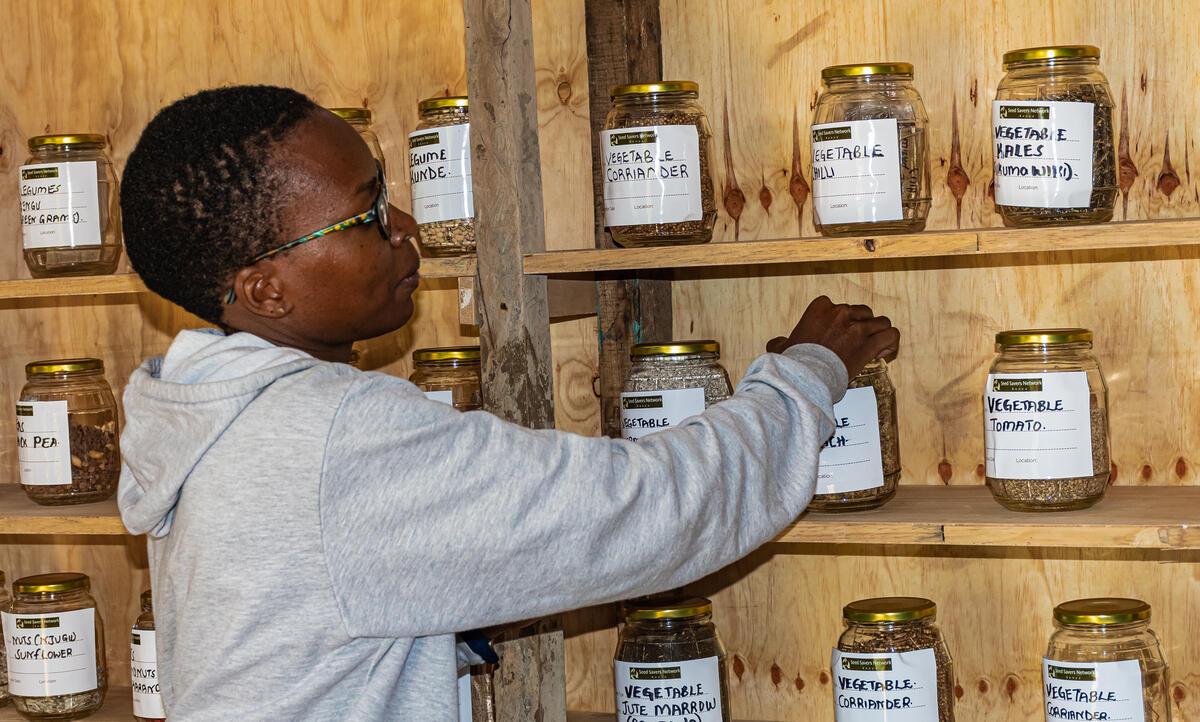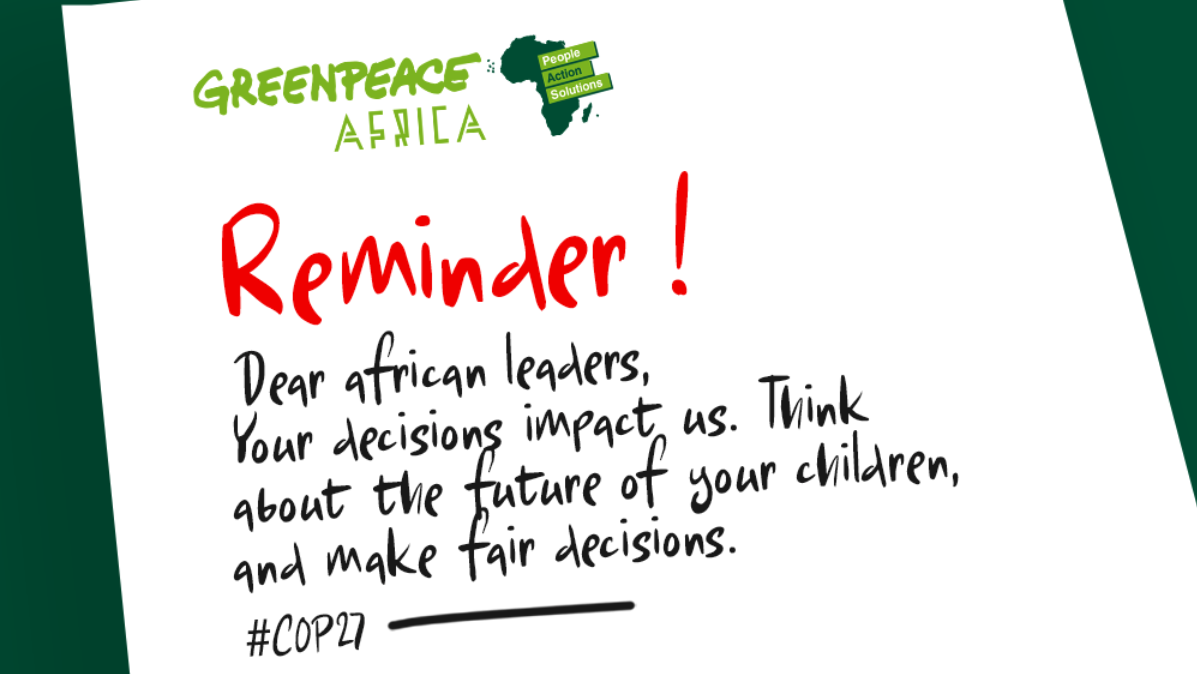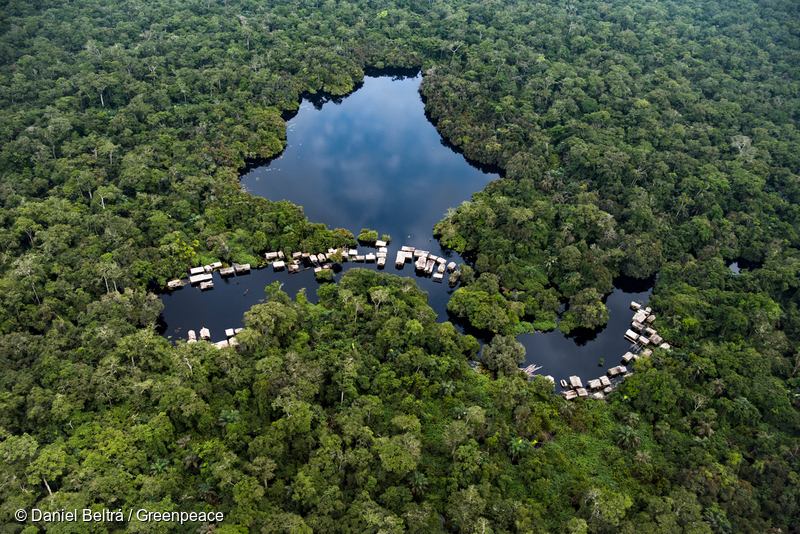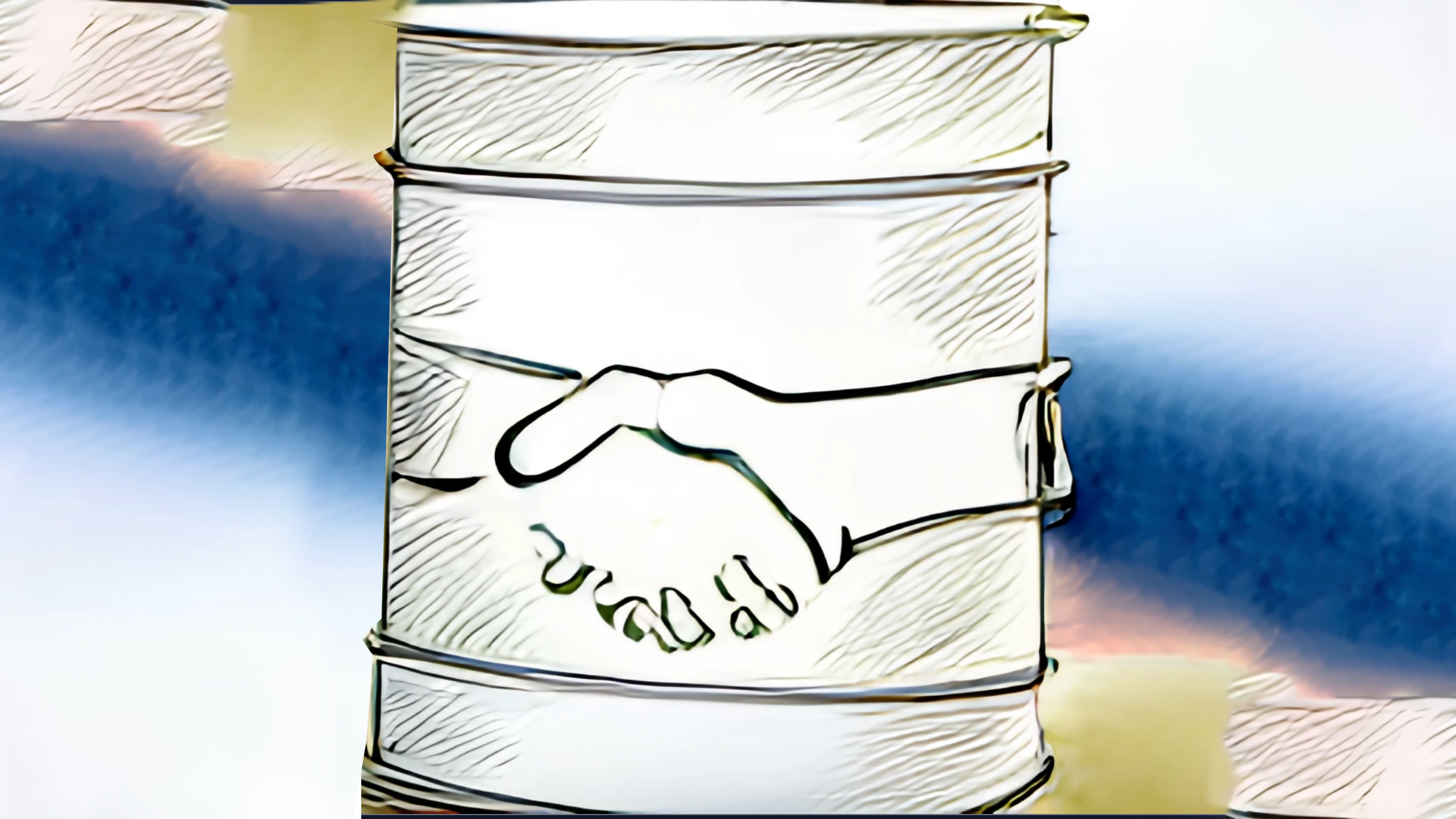-
MAKE SMTHNG is about people-action to build a better planet for everyone.
It’s November! Hold on to your carts makers, because we’re going loud on responsible consumerism. It’s also that time of the month where everywhere you turn, Black Friday deals keep…
-
Fossil Fuel Companies Are Continuing the Scramble for Africa & We Need to Talk About It
The way oil giants like Shell and Total are gunning for African oil, is reminiscent of colonialism.
-
Joint statement from Greenpeace Africa and Natural Justice
Responding to the decision by the President of the High Court of Thiès to dismiss the request to temporarily close the Touba Protéine Marine (formally ‘Barna’) fishmeal factory in Cayar on the basis that it is polluting the town’s air, soil and water source, a spokesperson for Greenpeace Africa said
-
We will win again: African activists promise resistance at home to oil-and-gas touting leaders
Sharm el-Sheikh, 16 November 2022 - Climate activists from across sub-Saharan Africa gathered this morning in response to the dash for fossil fuels by African leaders at COP27.
-
Case on Punitive Seed Laws Mentioned in Court
Nairobi, 16 November 2022 – A public interest litigation filed by 15 farmers representing many other smallholder farmers across the country calling for an amendment of punitive seed laws has been mentioned before the Machakos law courts today.
-
COP27: A letter to African leaders
At this moment, in collaboration with other leaders of the world, you are meeting in Egypt in order to decide on our future and make commitments to tackle the climate crisis, we expect you to consider our demands.
-
Congo oil: The worst deal in the world to insure
Irene Wabiwa Betoko is the International Project Leader for the Congo Basin forest, Greenpeace Africa; Kuba Gogolewski is the Lead Campaigner, European Money for Change, Greenpeace



